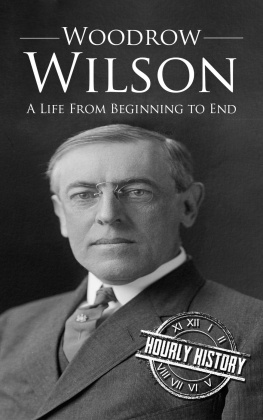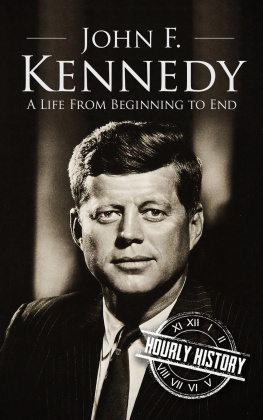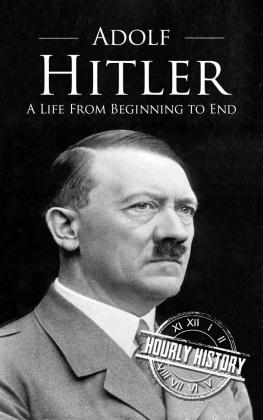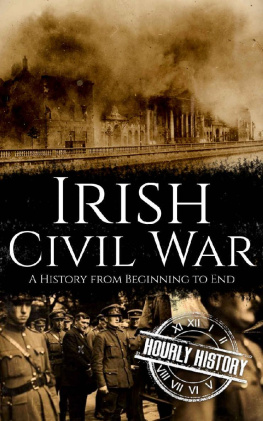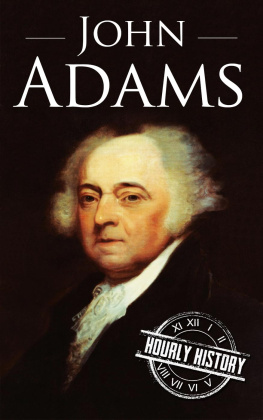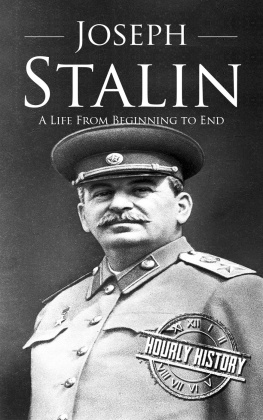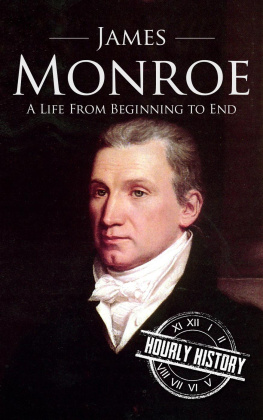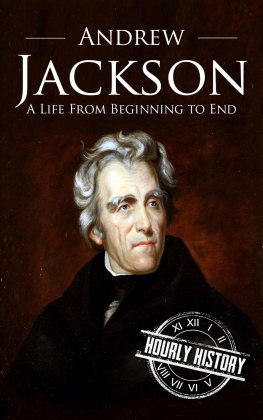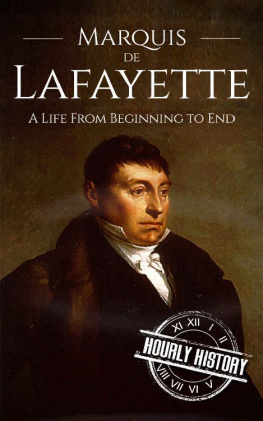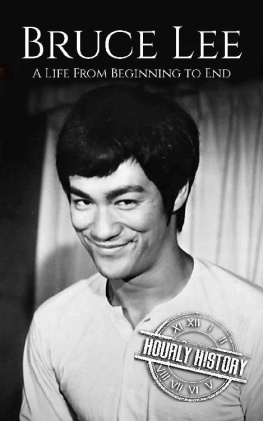Introduction
As the United States anticipates the 2016 presidential election, Americans are wondering if this is the year when a woman will, for the first time, occupy the White House and lead the government as the forty-fifth president of the United States. However, there are many who wonder if, perhaps, the nation already had a female president, one who, although not elected to the office, served as a shadow president during her husbands illness? That woman was Edith Bolling Galt Wilson, the second wife of the twenty-eighth president. Woodrow Wilson suffered a massive stroke during a speaking tour across the country in an attempt to rally support for his proposed League of Nations. The stroke left him partially paralyzed, and when the Wilsons returned to Washington D.C. in 1919, the First Lady become the only means of access that Congress had to the President. No one has yet been able to prove whether or not she wielded power on his behalf or was, as she claimed, only the conduit, but speculation about her control over Wilson and, through him, the government, continues almost a century later.
This mystery of the amount of influence in the hands of the First Lady is only one of the many episodes in the dramatic life of the Princeton professor who went to Washington. As a child, he didnt learn to read until the age of twelve, but went on to become a brilliant professor and educational reformer. He was passionately in love with his first wife, but fell in love with his second wife just a few months after becoming a widower. Woodrow Wilson was born before the Civil War and retained vivid memories of the terrible conflict; history would summon him to lead his nation during another catastrophic military conflict, the First World War. A proponent of a League of Nations, which would work to maintain peace among all countries, Wilson was derided for his idealism by the European leaders who intended to punish Germany for starting World War I. However, when the consuming nightmare of World War II demonstrated how farsighted Wilson had been, the United Nations was born, although he would not live to see its inception.
Woodrow Wilson was a principled reformer, an ardent husband, a devoted father, and a devout Presbyterian. All of these traits played a part in the development of his character. Perhaps the trait which most defines his presidency and his effect on the twentieth century was his statement when the United States was preparing to enter World War I that the world must be made safe for democracy. For Wilson, democracy was not a political platitude; it was the calling of every citizen of the world, and it was the duty of the leaders of the world to incubate democracy in their countries so that all citizens would be free. Death may have come all too early for the president credited with bringing the United States onto the world stage, but history has viewed him with fresh eyes, ranking him among the best of the American presidents.
Tommy Wilson, the Preachers Kid
I not only use all the brains that I have, but all that I can borrow.
Woodrow Wilson
T he son of a Presbyterian minister from Ohio and a Southern woman who had nursed Confederate soldiers during the Civil War, Thomas Woodrow Wilson was born December 28, 1856 in Staunton, Virginia, the third of the four children who would accompany their parents in moves over the South. The Wilsons would move from Virginia to Georgia to South Carolina until finally settling in then North Carolina. Known as Tommy to his family, in later years he chose to go by his middle name, Woodrow, explaining that it sounded more sonorous and distinctive.
Wilsons mother, Janet Woodrow Wilson, was born in England but grew up in America. Her children were close to her, and Wilson himself said he was a mamas boy. Although the Rev. Joseph Ruggles Wilson was born in Ohio, he moved to Virginia and supported the Confederate cause. The Presbyterian denomination, like the nation, was divided over the issues which caused the war; the Rev. Wilson was a leader in the Presbyterian Church of the Confederate States of America and would later teach theology at Columbia Theological Seminary and Southwestern Presbyterian Theological University. For the Rev. Wilson, the South was justified in its secession from the union, a belief which he supported with his religious beliefs. He taught his children to pray daily, to believe that it was God who ordered the universe and the lives of men and women, and in predestination, which held that everything that happened had been ordained in advance by God.
Images of the Confederate defeat would brand themselves upon young Wilsons memory as he saw Union troops marching through the city, and he witnessed the sight of Jefferson Davis, who had served as the president of the Confederacy, taken in chains through the city of Augusta. His earliest memories were of the War Between the States and the devastation it caused the South. As he grew up in Augusta during Reconstruction, he noted the poverty of the city during those years. War played an early role in his life and would later come to define his mission as an American president.
During the time when Wilson was a boy, public school access in the South was almost non-existent. Instead, his father served as his first teacher, focusing on British history, religion, and literature. The Rev. Wilson was a scholar at a time when clergy were regarded as numbering among the intellectuals in society, but his son failed to exhibit any indication that he would follow suit. He was unable to read until he was twelve years old and didnt master the alphabet until the age of nine, leading modern-day experts to believe that he may have had a learning disability such as dyslexia. However, his father was actively involved in his sons training, and he taught the boy the skills of oratory and debating, which would strike a chord in Wilsons educational evolution and prove to be a useful skill in his later career.
At sixteen, Wilson was not academically prepared for higher learning. Nonetheless, he attended Davidson College, which was near the family home in North Carolina. He actually did rather well in his subjects, standing out in logic and rhetoric, Latin, English, and composition, and managing to pass Greek and mathematics. However, after a year, he dropped out, possibly because he missed his family, though another reason could stress - his father had recently been forced to resign from the faculty of Columbia Theological Seminary.
In 1875, Wilson transferred to the College of New Jersey, which would be renamed Princeton in 1896. He majored in history but didnt obtain all of his learning from his classes, choosing to read on his own, particularly on the subject of British history. He was active as a member of the university debating clubs, was an officer of the Princeton baseball and football associations, acted in plays, wrote essays, and edited the university newspaper; his article on Cabinet government in the United States was published soon after his graduation.
Graduating 37th in a class of 167, Wilson followed his undergraduate studies with a law degree at the University of Virginia, where, in addition to his pursuit of the law degree, he continued to hone his skills as a member of the debating club. He set up his law practice in Atlanta, Georgia in 1882, but that didnt last long - the life of an attorney failed to capture his interest. He left the law to attend Johns Hopkins University, where he earned his Ph.D. in history and political science in 1886; Wilson is the only American president who to have earned such an advanced degree. His dissertation, Congressional Government: A Study in American Politics , became a classic in American political science. It presented his argument against the dominance that Congress held over government while the executive branch was weak in the aftermath of the Civil War. He spoke in favor of substituting the British parliamentary system for the American style of government. His prowess in the field of education seemed to indicate that his career was predestined, that theological belief dear to Calvinists. He served in posts at Bryn Mawr College and Wesleyan University, but in 1890 he received the position he coveted - a professor at Princeton University. He was popular with students, but he also was committed to academic excellence, working to improve the curriculum and modernize the educational process. His zeal for Princeton helped to establish the universitys national reputation; in 1902, he was named president of the university.

